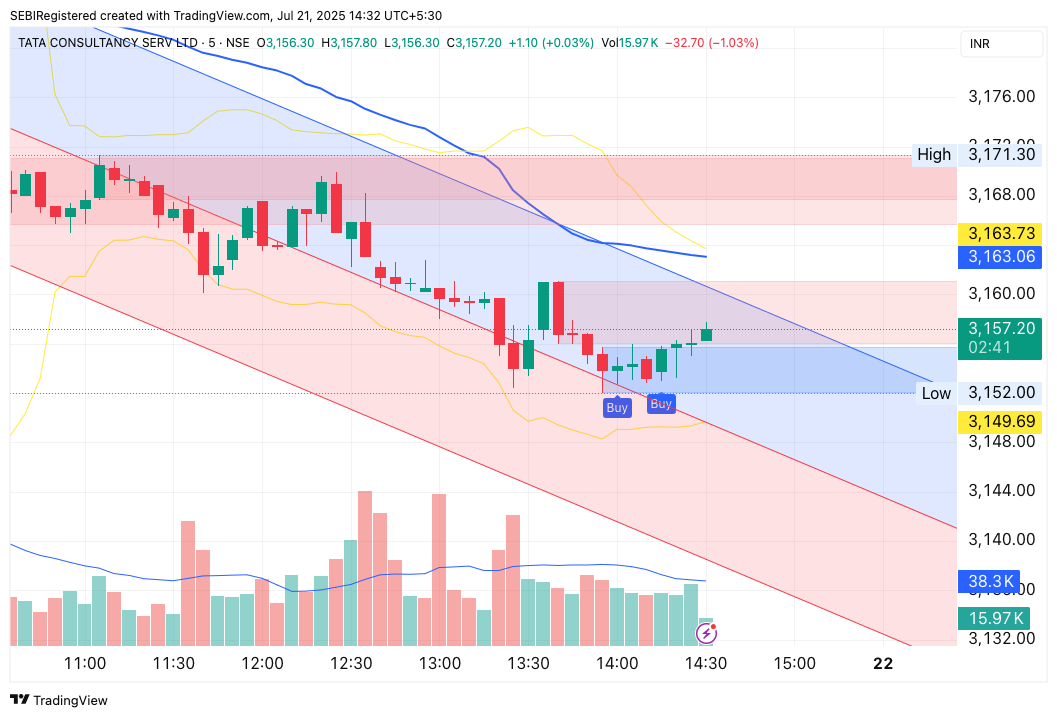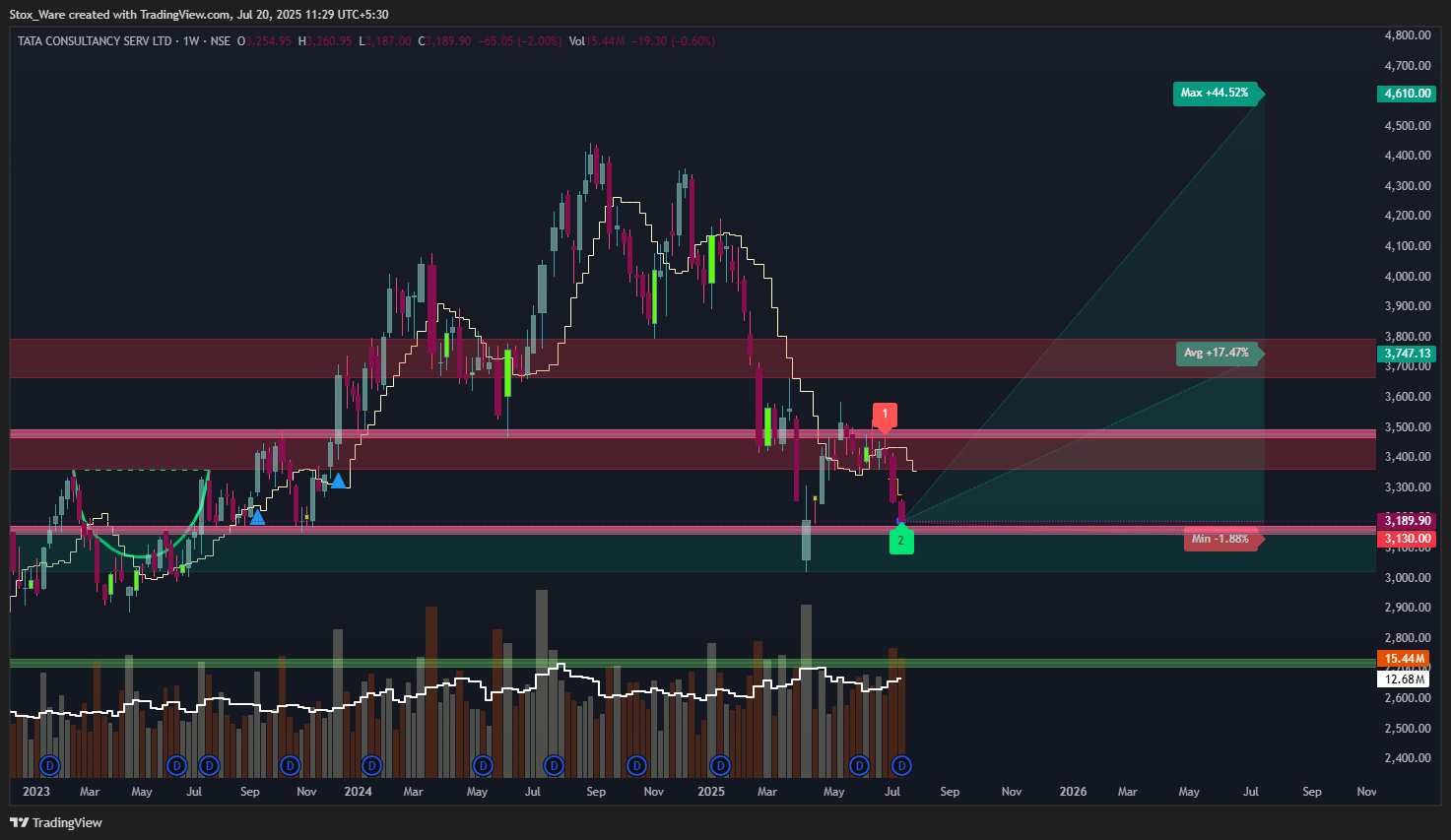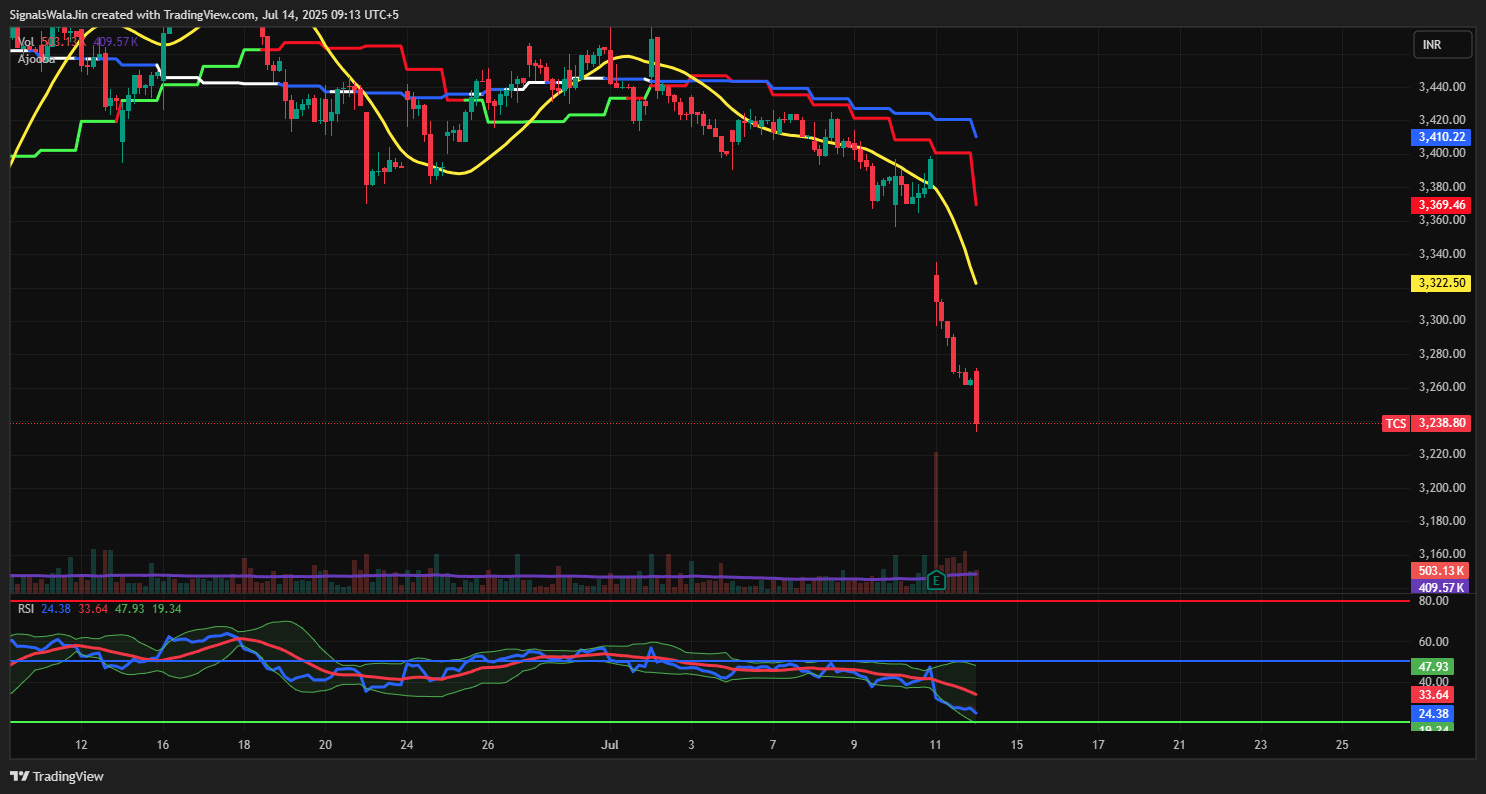
Community discussions

Tata Consultancy Services (TCS) recently announced plans for a 1 gigawatt AI data center in India, estimated to cost ~$5 billion, with a completion timeline of about 3–5 years.
Key Facts
Timeline: ~2028 completion.
Target: Hyperscalers, AI providers, government projects.
Location: Likely Gujarat or Maharashtra.
Financing: Combination of equity and debt, with some external investments.
Why This Matters
A facility of this scale could position India as a significant AI‑compute hub. However, three years is a long time in AI — by 2028, competitors in the US, China, and EU may have advanced hardware, more efficient AI models, and mature ecosystems.
Key Risks
Technology leapfrogging: AI hardware is evolving rapidly. Chips available today may be obsolete by 2028 unless upgrades are built in.
Skill gaps: AI‑centered infrastructure requires a talent pool that keeps pace with advancements.
Global competition: Large hyperscaler projects (Google, Microsoft, Amazon) are already underway. India will be entering a highly competitive phase.
Chip dependency: India is developing domestic chip fabrication, but leading-edge AI chip production at scale is still years away.
Potential Strategic Advantages
Large domestic market for AI applications.
Cost‑effective skilled workforce.
Strategic location for Asia‑Pacific AI demand.
Growing semiconductor manufacturing initiatives in India.
Bottom Line
TCS’s 1 GW AI project is ambitious but not without risks. India may still have the opportunity to become a major AI infrastructure hub — but timing, skills development, and hardware strategy will determine whether this project keeps India competitive or places it a step behind global leaders.
⏳ In AI infrastructure, speed matters. Three years is enough time for rivals to move ahead unless India accelerates both hardware and skill readiness in parallel.



